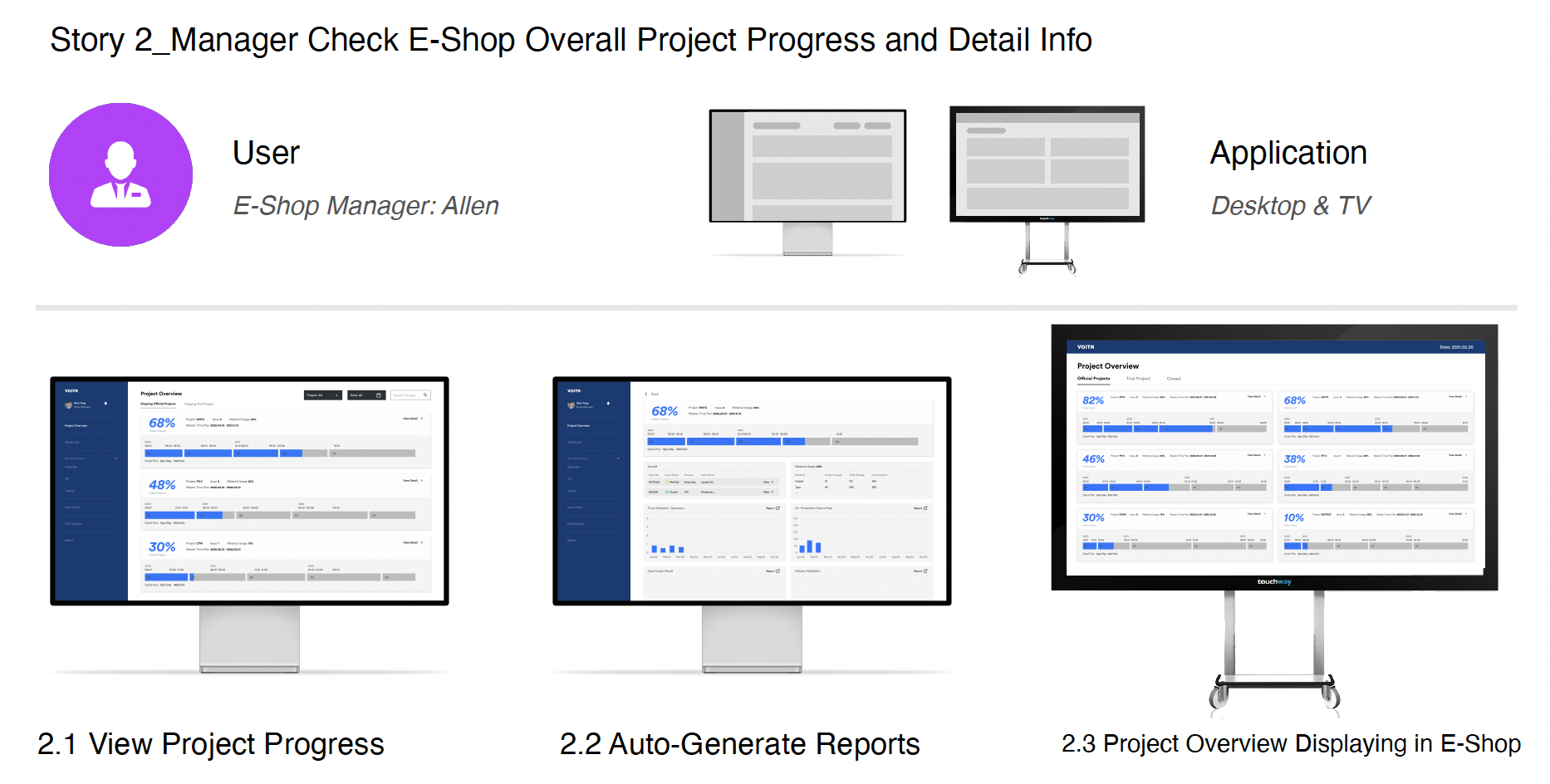AGP Support: Digital Transformation, Solution Engineering
Industry: Industrial Automation, Machinery & Equipment
Hydro Turbine Factory Digitalization for Quality Control
Client
The CDO of a global hydro turbine manufacturer was seeking to significantly reduce the time and manpower required to identify the root causes of production quality issues.
Situation
A global leader in hydro turbine manufacturing had recently faced a costly emergency maintenance event at one of their largest customers. The issue was eventually determined to be caused by a fault in the rotor of one of their turbines. However, it required more than two months and hundreds of hours of engineering effort to identify the root cause.
Despite extremely high-quality requirements, the factory lacked data transparency across the production processes. Dozens of minor changes in production processes could lead to maintenance issues during turbine operation. These changes ranged from impurities in copper to slight variations in rotor heating and cooling processes. Many processes lacked automatic data collection and relied upon manual input, which could lead to human error during initial data input and later data transfer from paper to the manufacturing execution system.
Approach
Asia Growth Partners collaborated with a strategic software development partner to support the CDO in identifying a set of data acquisition use cases that would address data gaps and enable the factory to migrate from analog to fully digital data management. Designs were also provided to add new modules to the client’s existing data visualization application to provide real-time access to internal users.
Identifying data gaps involved conducting over 20 interviews with production, quality, sourcing, and IT team members. These interviews were supplemented by five site visits during which the process and data gaps were mapped in detail. Throughout this process, additional operator pain points were identified for future consideration. The same data that is used to investigate quality issues can also be used for process optimization in several stages of production. Finally, requests for information (RFIs) were issued to technology vendors, validating that solutions were available on the market for all use cases.
- Identify data gaps in production processes that limit transparency for quality assurance.
- Interview over 20 production, quality, sourcing, and IT team members and conduct five site visits.
- Map the pain points of operations teams related to both quality assurance and production efficiency.
- Design a new module for the client’s existing data visualization application to provide real time data access.
- Issue RFIs to technology vendors to validate that solutions are available on the market for all use cases.
- Provide management with a detailed implementation roadmap.

